Picking out the best mining companies, or mining shares to invest in from South Africa is not made easy. The industry is a key part of the economy, with some of the top names listed on the Johannesburg Stock Exchange operating in the sector.
South Africa is home to an impressive variety of mineral deposits. On the other hand, diamonds and gold aren’t the only valuable items that can be discovered here. The nation possesses deposits of platinum, manganese, chromium, copper, uranium, silver, beryllium, and titanium in addition to iron ore.
According to statistics gathered by the South African Department of Mineral Resources and the United States Geological Survey, the mineral reserves in South Africa are believed to have a value of more than $2.5 trillion US.
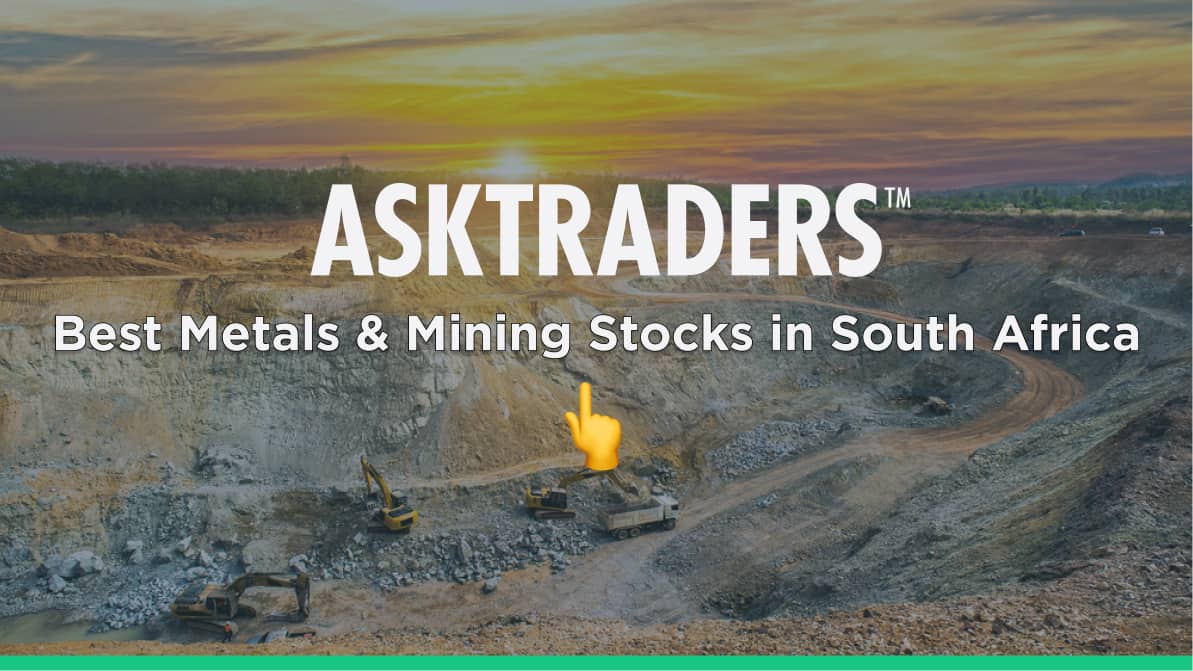
Five of the Best Mining Shares In South Africa
Despite the fact that manufacturing has been the most important sector of the South African economy for several decades in terms of employment and contribution to GDP, the mining industry continues to be at the forefront of the economy as a result of investments made by holding companies with a primary focus on the mining industry.
Now let’s take a look at five of the best mining companies to invest in, that are listed on South Africa’s JSE.
Afrimat Limited (JSE: AFT)
Afrimat Limited is the market leader in open pit mining for industrial minerals and building materials. This mining method is also known as strip mining.
Since it was originally listed in the “Construction & Building Materials sector of the Main Board JSE Limited” in 2006, Afrimat has been steadily increasing its presence across the entirety of Africa.
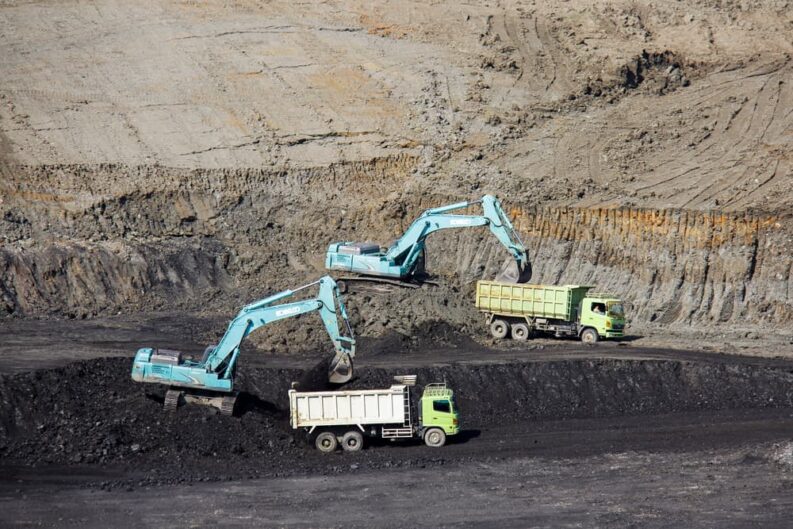
Afrimat has established itself as a reputable and reliable contractor in the mobile crusher, screening, drilling, and blasting industry over the course of its history.
Now having access to the Group’s unified product offering are the provinces of Western Cape, Eastern Cape, KwaZulu-Natal, Free State, Gauteng, Limpopo, and Mpumalanga, as well as Namibia.
The performance strategy of the company is centred on its diversified portfolio, which serves as a risk hedge for the company’s stockholders. Afrimat continues to generate profitable returns from a variety of smaller projects, despite the decline in the number of large government contracts.
Afrimat has demonstrated knowledge of entrepreneurial decision making in a performance-driven environment, while also having a balanced understanding of the controls necessary of a JSE-listed company.
Afrimat is in the process of developing quarries in Mozambique and is making plans to buy into the rest of Africa, and the company places a continuing emphasis on the establishment of new goods and markets.
The corporation has maintained a conservative balance sheet in order to support its goal of diversification.
In addition to this, Afrimat has a low personnel turnover rate, which has led to the development of a vast pool of capabilities. Staff transformation and community upliftment are also essential to the success of the company.
YOUR CAPITAL IS AT RISK
Gold Fields Limited (JSE: GFI)
Gold Fields is still the largest gold producer in the world, despite the fact that it is in the process of acquiring Sibanye Stillwater.
The company has six mines located in South Africa, Peru, Australia, and Ghana, and together they generate approximately 2 million grammes of gold each year.
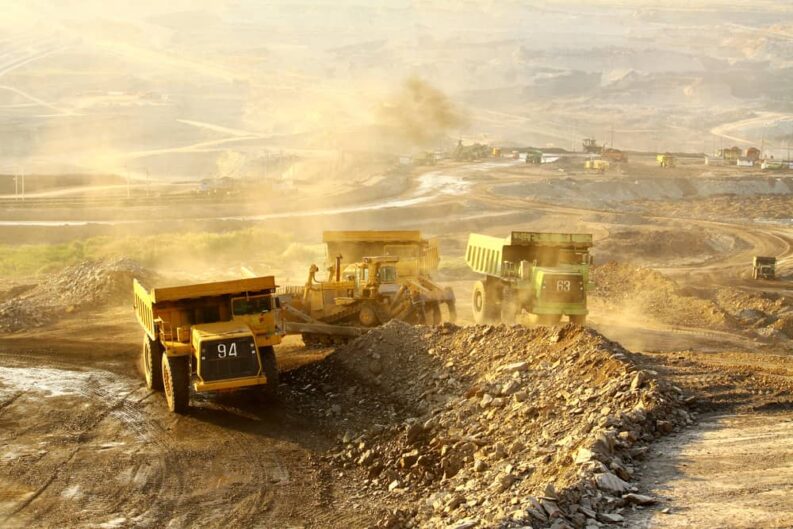
Using a variety of different methods, the company’s expansion into international markets is facilitated by its four primary resource development and feasibility initiatives.
In addition to that, they give students the opportunity to participate in a variety of educational and training opportunities, such as internships and a Leadership Academy.
The fact that Gold Fields has been able to weather the challenging conditions within the gold business better than the majority of its competitors makes the company’s shares an appealing investment opportunity.
The company is making money and has plenty of money to invest in both existing initiatives and new ones since it is generating revenue.
It is anticipated that the value of Gold Fields shares will continue to rise as the price of gold rises. Because of the remarkable financial statistics that the company was able to collect, it is currently considered to be one of the best gold stocks to acquire.
YOUR CAPITAL IS AT RISK
Sibanye Stillwater Limited (JSE: SSW)
GFI Mining South Africa Proprietary Limited was the former name of the company that is currently known as Sibanye Stillwater Limited. At the moment, Gold Fields Limited operates it as a completely owned subsidiary of its own.
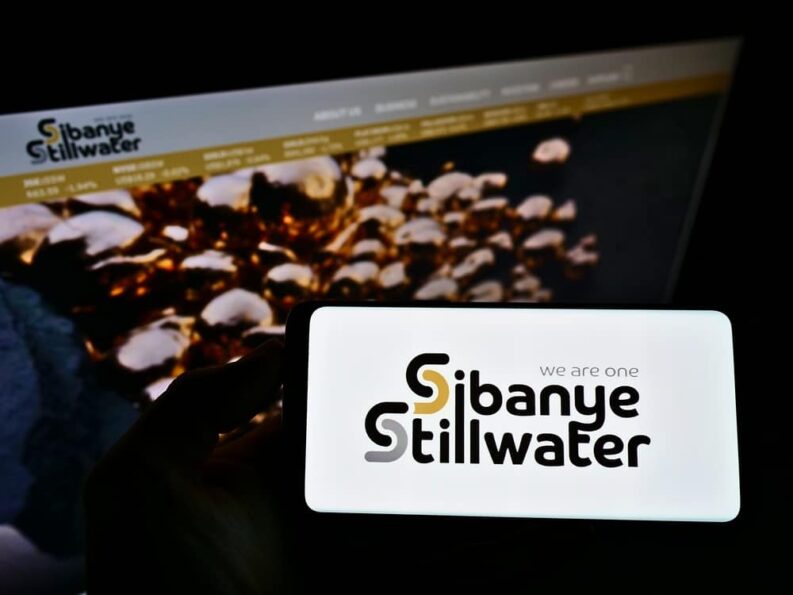
In addition to working with a number of other service providers, the companu is responsible for managing the Kloof-Driefontein Complex as well as the Beatrix gold mines. In addition, the company’s primary activities include of mining for gold and manufacturing gold jewellery.
Their objective is to exert influence over the mining industry in order to halt the recent drop in output and ensure that the industry will be profitable in the years to come. However, when it comes to the health and safety of the staff, they are adamant about not causing any harm.
YOUR CAPITAL IS AT RISK
Anglo-American Platinum Limited (JSE: AGL)
The world’s greatest producer of platinum, Anglo-American Platinum is responsible for around forty percent of all newly mined platinum, making it the world leader in this industry.
The majority of the company’s operations are carried out in areas to the north and east of Johannesburg, which is where the headquarters of the corporation are situated.
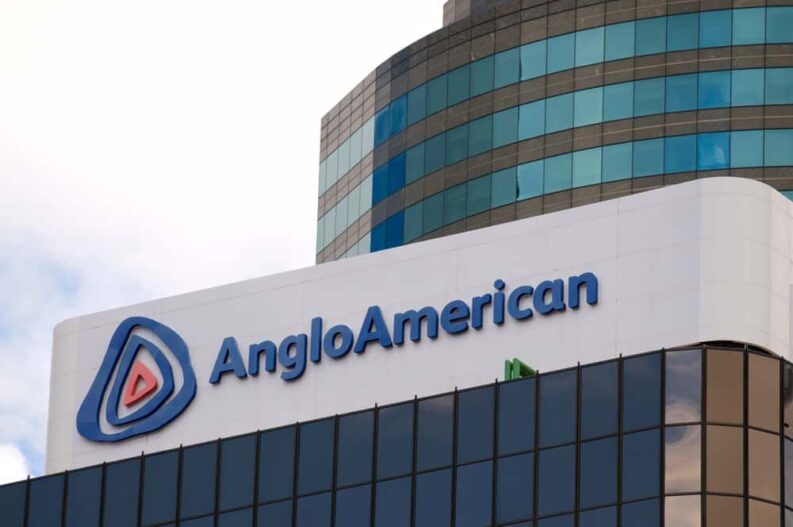
The majority of the company’s output is produced in the Bushveld Igneous Complex, which is abundant in a variety of minerals, such as magnetite, vanadium, chromium, titaniferous, and platinum group metals.
They are a massive mining company, yet they have a firm commitment to following ethical standards and being environmentally responsible.
YOUR CAPITAL IS AT RISK
Exxaro Resources Ltd. (JSE: EXX)
Exxaro is a South African mining business that is publicly traded on the JSE Limited. It is one of the stocks that has performed the best in the Socially Responsible Investment (SRI) index maintained by the JSE. In addition to that, it is a component of the Top 40 index that is maintained by the JSE.
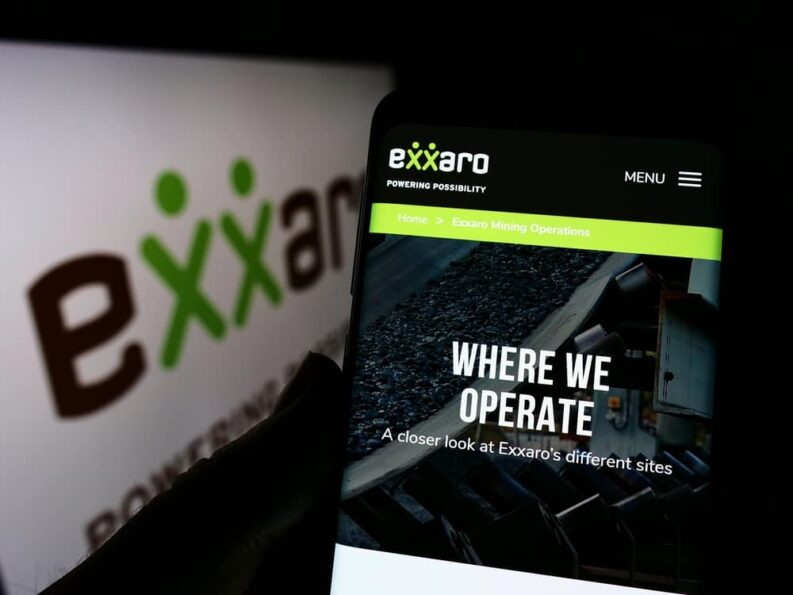
Exxaro has a world-class commodities portfolio that includes coal, mineral sands, base metals, ferroalloys, and an increasing exposure to iron ore through its stake in Sishen Iron Ore Company and purchase of African Iron.
With an annual output of 47 million tonnes, Exxaro is the third-largest producer of mineral sands in the world and the second-largest producer of coal in South Africa. Both of these rankings are based on the company’s market share.
In addition to this, Afrimat has a low personnel turnover rate, which has led to the development of a vast pool of capabilities. Staff transformation and community upliftment are also essential to the success of the company.
YOUR CAPITAL IS AT RISK
The Importance Of Miners In South Africa
Mining companies are crucial to South Africa’s economy, as the country is one of the world’s leading producers of valuable resources such as gold, platinum, and diamonds. Mining not only contributes significantly to South Africa’s GDP but also provides employment for hundreds of thousands, supporting communities and infrastructure development in regions where these resources are extracted.
Investing in mining shares can offer strong returns, particularly during periods when commodity prices rise as they have been doing recently, with gold setting new all time highs. The performance of South Africa’s mining sector can also have a ripple effect on the local stock market, as major mining companies like Anglo American and Sibanye-Stillwater are heavily represented in the Johannesburg Stock Exchange (JSE). If you are looking for local opportunities, these shares represent South Africa’s rich mineral reserves, though they come with risks tied to global demand, commodity prices, and regulatory changes.
Non-subsidiary investments consist of publicly traded and privately held companies that are not owned by this company but are highly impacted by it and have board participation. These companies may or may not be listed on a public exchange.













